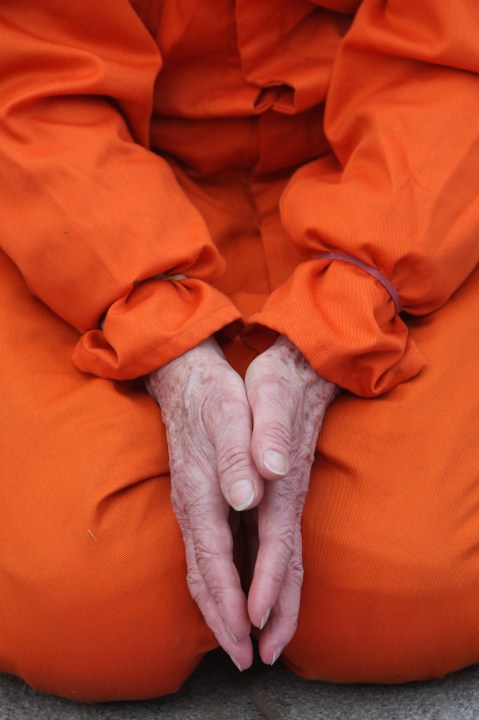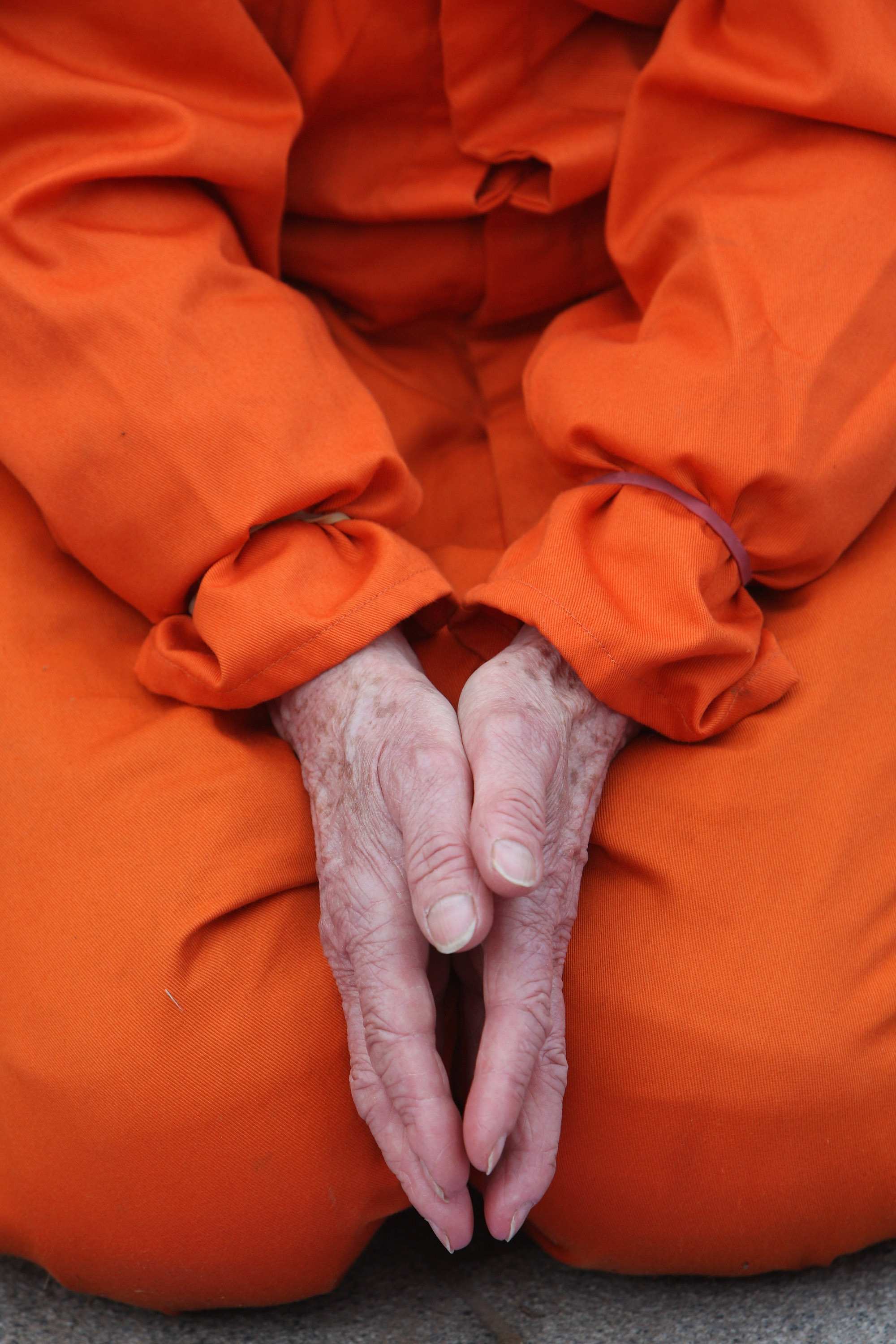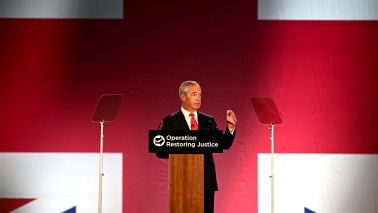 Torture is not a pleasant subject to discuss. But it is intellectually dishonest to argue that torture is always ineffective.
Torture is not a pleasant subject to discuss. But it is intellectually dishonest to argue that torture is always ineffective.
Marc Thiessen, a former Bush official, writes in the Washington Post about what information was obtained by torturing Khalid Sheik Mohammed:
Consider the Justice Department memo of May 30, 2005. It notes that “the CIA believes ‘the intelligence acquired from these interrogations has been a key reason why al Qaeda has failed to launch a spectacular attack in the West since 11 September 2001.’ . . . In particular, the CIA believes that it would have been unable to obtain critical information from numerous detainees, including [Khalid Sheik Mohammed] and Abu Zubaydah, without these enhanced techniques.”
The memo continues: “Before the CIA used enhanced techniques . . . KSM resisted giving any answers to questions about future attacks, simply noting, ‘Soon you will find out.’ ” Once the techniques were applied, “interrogations have led to specific, actionable intelligence, as well as a general increase in the amount of intelligence regarding al Qaeda and its affiliates.”
Specifically, interrogation with enhanced techniques “led to the discovery of a KSM plot, the ‘Second Wave,’ ‘to use East Asian operatives to crash a hijacked airliner into’ a building in Los Angeles.” KSM later acknowledged before a military commission at Guantanamo Bay that the target was the Library Tower, the tallest building on the West Coast. The memo explains that “information obtained from KSM also led to the capture of Riduan bin Isomuddin, better known as Hambali, and the discovery of the Guraba Cell, a 17-member Jemmah Islamiyah cell tasked with executing the ‘Second Wave.’ ” In other words, without enhanced interrogations, there could be a hole in the ground in Los Angeles to match the one in New York. I don’t flag up Thiessen’s piece because I’m in favour of torture, I’m not. But those of us who oppose torture have to concede that we’re prepared to take short-term risks with our security because of the medium to long-term benefits of not compromising our values.








Comments